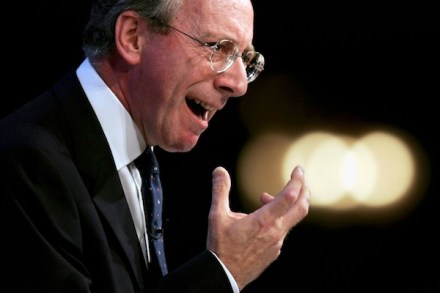What’s the SNP scared of?
The Battle for Britain is heating up this week, with the pro-union campaign launched in Edinburgh this morning and a Spectator debate on the union on Wednesday. We have, as ever, a strong lineup – but the Scottish National Party is noticeable by its absence. I thought CoffeeHousers may like to know why not. We planned the debate ages ago, and from the offset wanted SNP to be on board. As Scottish separation would have implications for the whole of the UK we asked someone to make the case for English separation: Kelvin MacKenzie. And someone to speak up for the union: Sir Malcolm Rifkind. The Nats didn’t like this

















